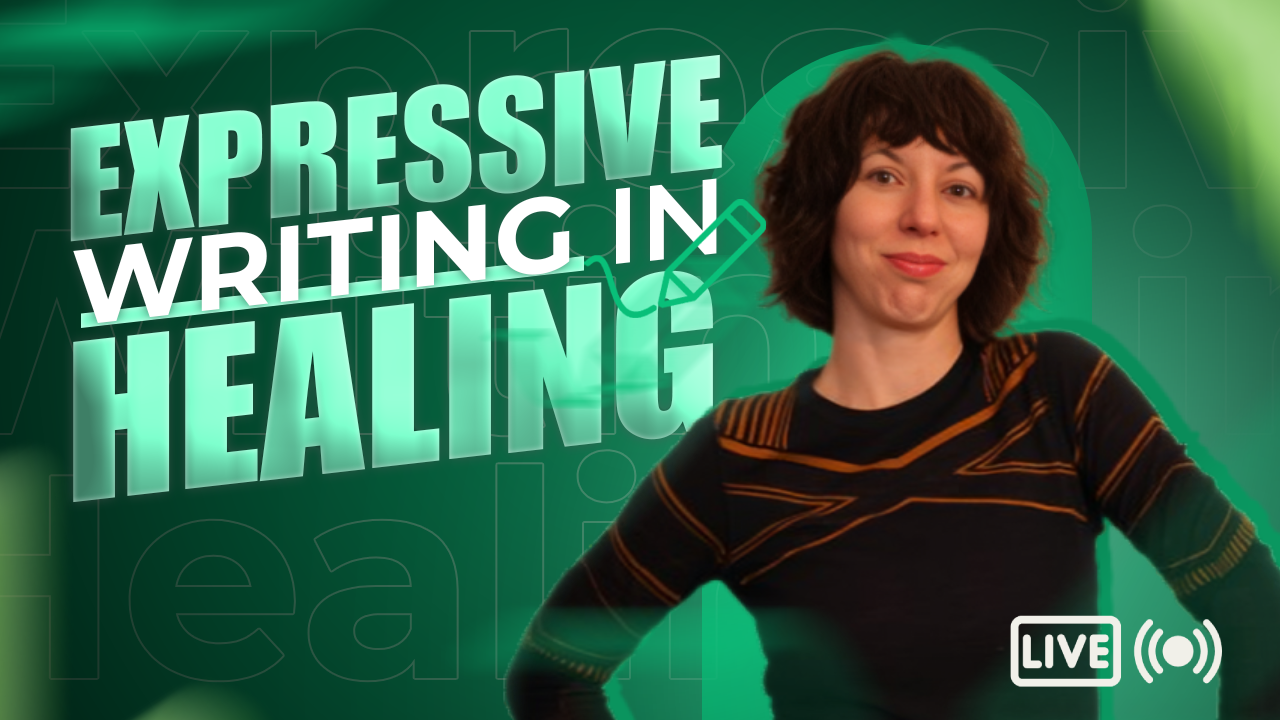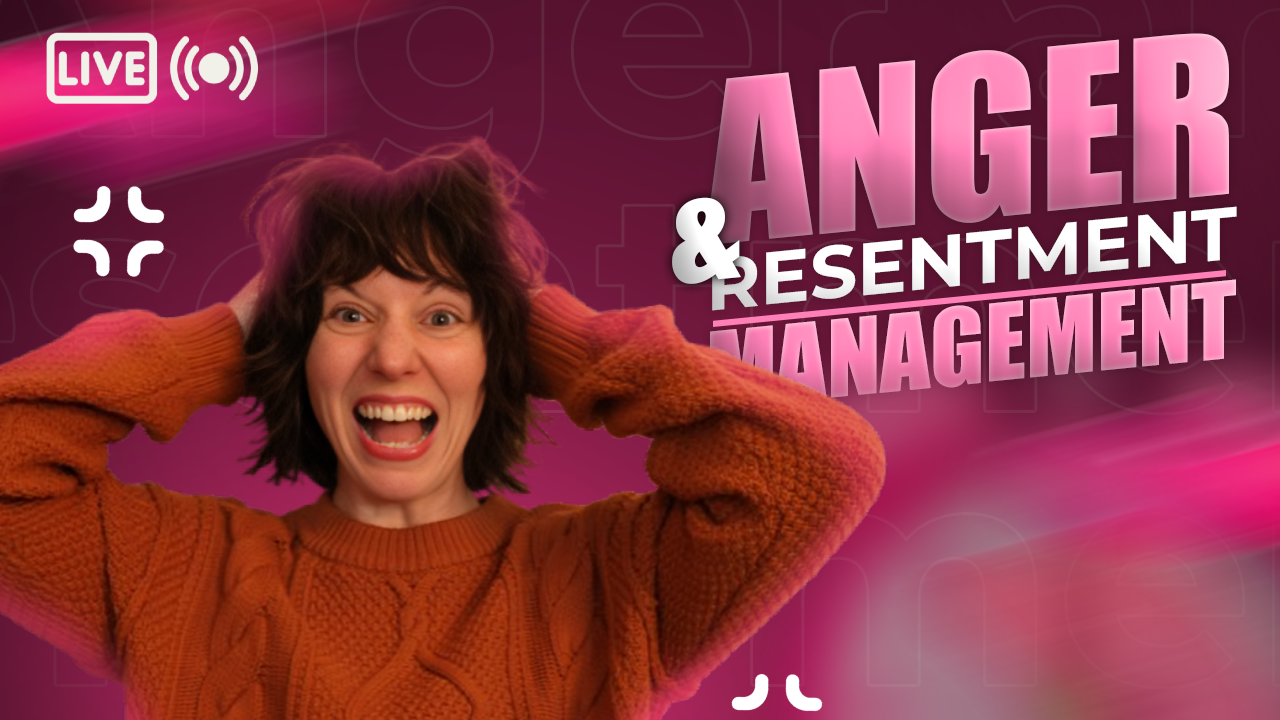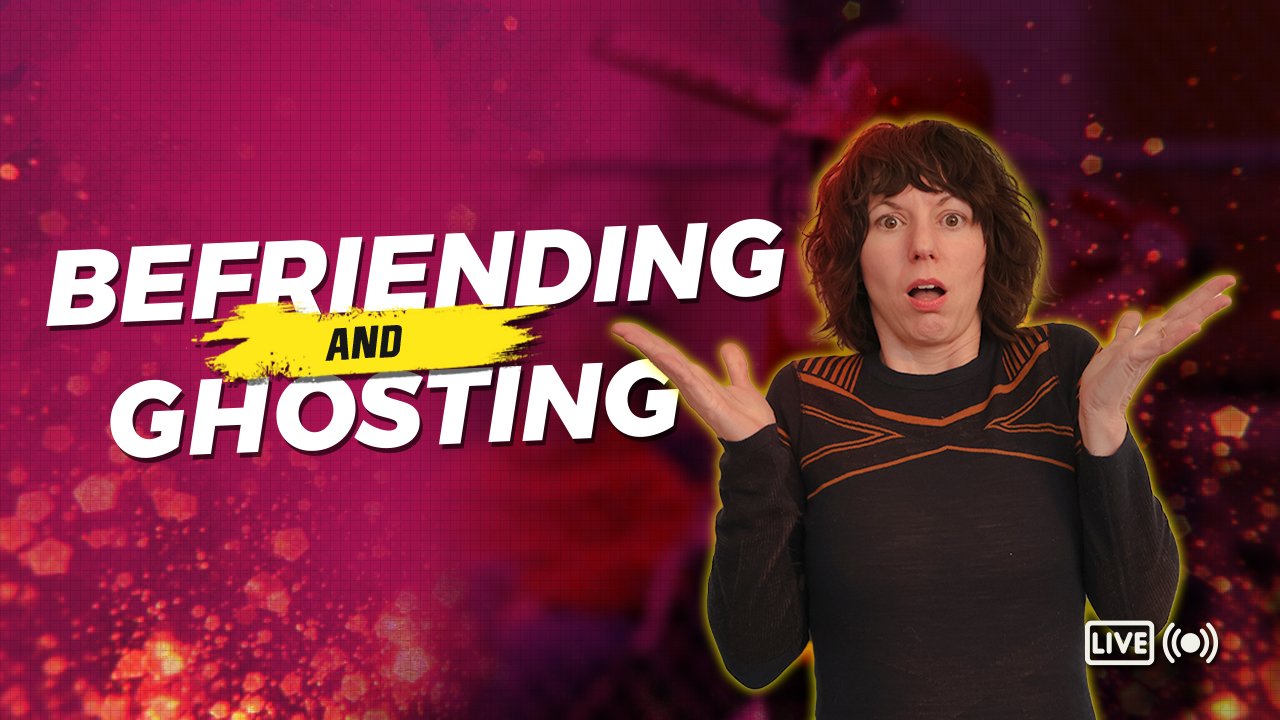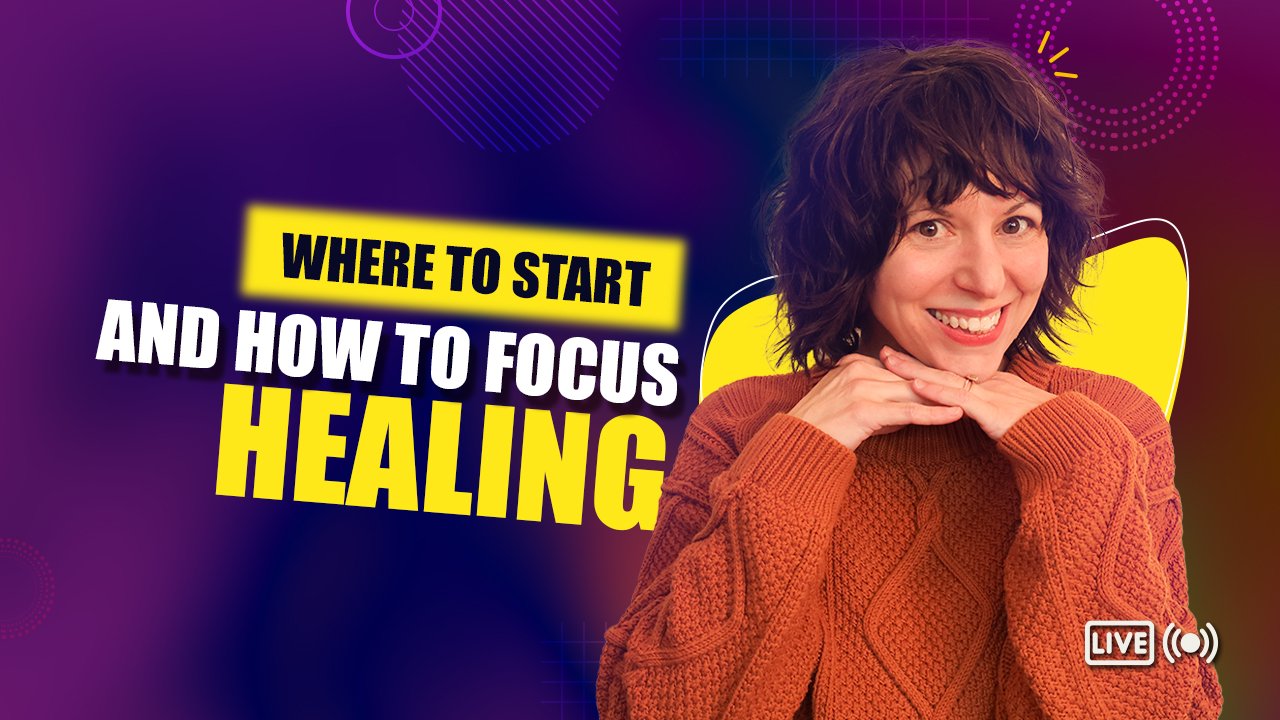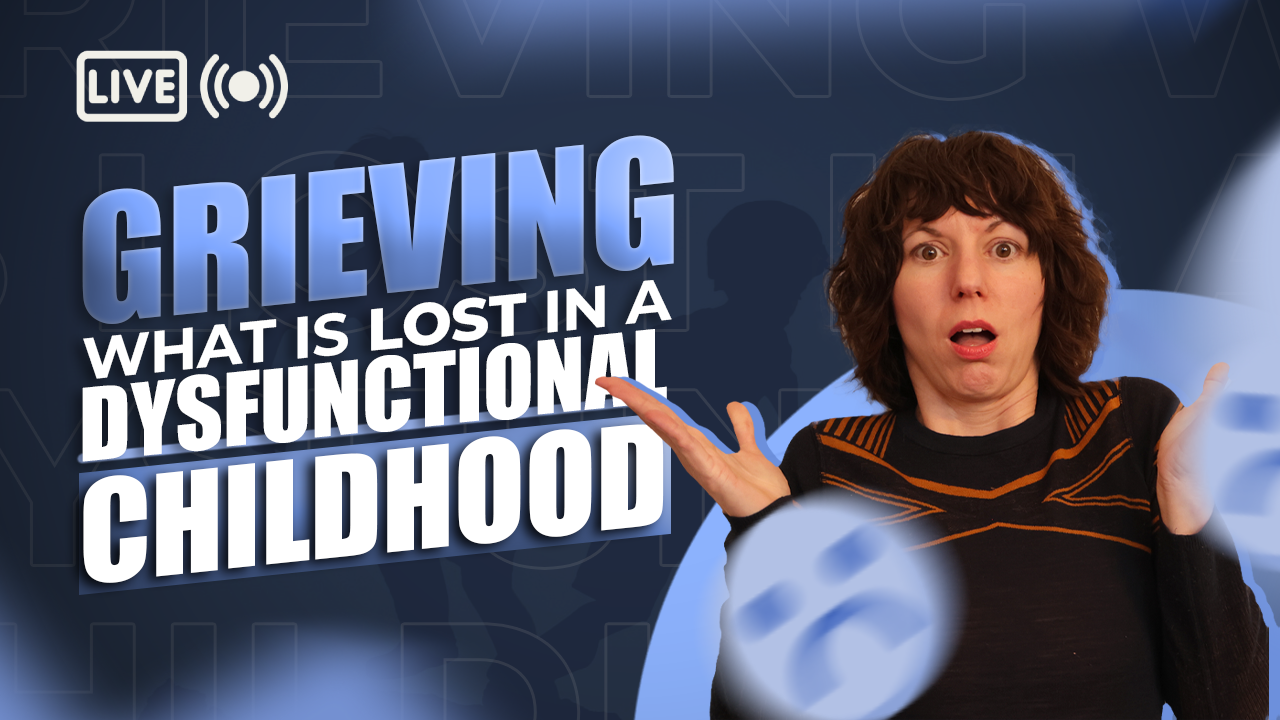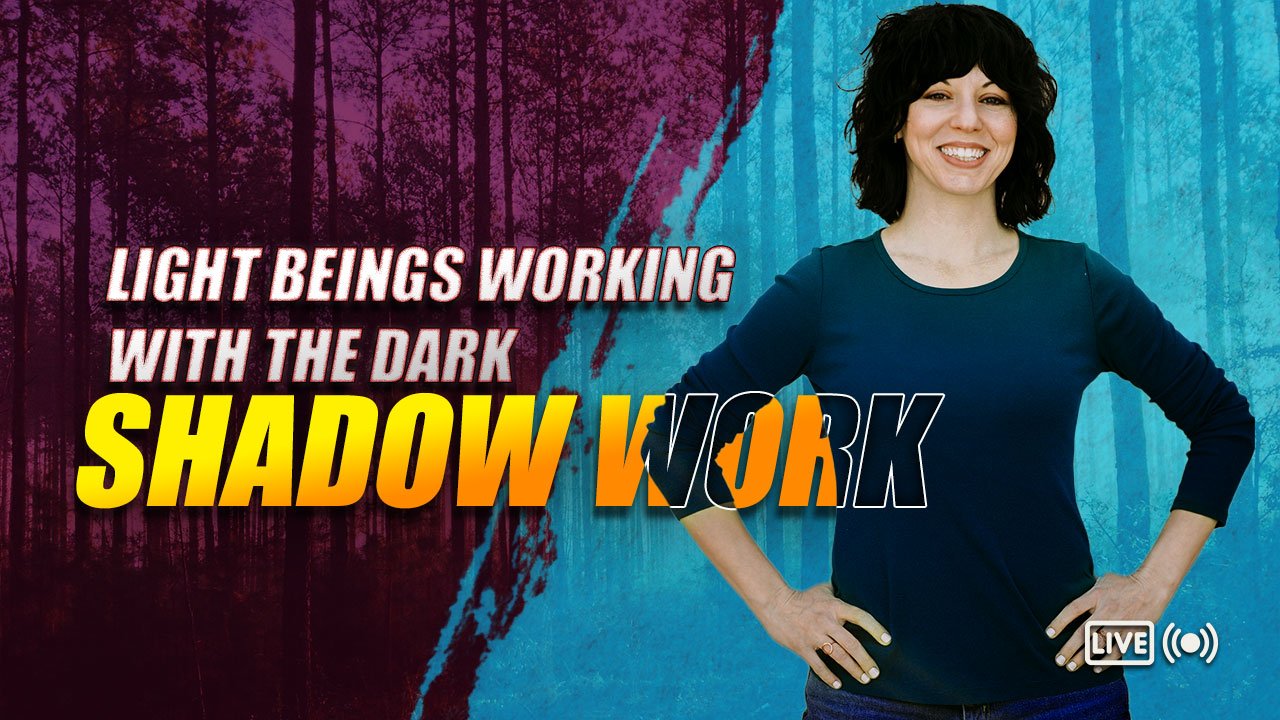Where the Drama Lives: 10 Tips for Struggling with Suicidal Thought
In today's episode, I'm discussing 10 crucial tips for managing suicidal thoughts. If you're struggling with suicidal thoughts or ideation, it can be difficult to know where to start in order to gain the peace, self-love, and worthiness that you deserve. In this blog, I'll outline the steps to manage these difficult thoughts and provide actionable advice to help you on your journey.
Why is it important to manage suicidal thoughts?
By recognizing and managing suicidal thoughts, individuals are able to take proactive steps to reduce any risk of self-harm. This could include talking to a trusted friend, family member, or mental health professional and seeking help. Secondly, managing suicidal thoughts can help to reduce feelings of hopelessness and despair. Through the process of managing these thoughts, you can gain insight into the underlying causes of distress and begin to develop strategies for coping with difficult emotions. This in turn can help develop a sense of hope and optimism, enabling us to move forward in a positive direction.
Here are 10 tips if you are struggling with suicidal thought:
1. Get the drama out of your self talk
Getting the drama out of self-talk is an important first step in managing suicidal thoughts and ideation. This can be accomplished by studying and practicing gratitude, positivity, and reframing. When faced with a negative thought, for example, “I’m not good enough as a counselor because I can’t remember dates or tell you what theorist came up with a particular theory”, you can reframe this thought to something more beneficial. This could be “I am worthy as I am”, “I am grateful for my differences”, “I am willing to learn from others and honor my own style”. It is important to start where you are in this process and to not be overwhelmed by it.
Speak to yourself in an affirmative, compassionate, and understanding manner. Allow yourself to be kind to yourself and practice self-compassion. This will be beneficial in managing suicidal thoughts and ideation.
2. Stop going into confusion as a comfort zone.
Focus on what you do know about a situation, about your desires. Instead of going into the confusion of unknown, unknown, unknown. This just takes practice. It's like walking a path in the woods or going on a hike. If you wander off of that trail, you’ve got to keep your eye on that path and you've got to come back. If not, you might get all disoriented, all turned around, and that confusion keeps us in a lost state. We can't find the path when we're confused. So think about our self-talk through the lens of going into confusion. We may say things to ourselves like; “I just don't know what's going on around me.” or “I just don't know if this guy likes me or not that I'm dating.” or “I just don't know what to do.” We waste a lot of energy that way, by falling into a confusion comfort zone. Which leads to my next tip.
3. Focus on what you do know for sure. Drama focuses on the unknown.
List out what you know for sure. Do you know what your principles are? Do you know what you would like? So often a trauma survivor focuses on what they don't like. I see this a lot in parenting and we don't tend to realize we're doing this to ourselves or to the kids that might be around us.
We'll walk into any situation and go, “hey, don't touch that, don't do that, don't watch that on TV.” That doesn't tell somebody what to do, what to focus on. So we can start listing. We can start growing a muscle that focuses on what we do know, what we know for sure. We keep moving away from confusion, away from “I just don't know.”
Confusion and the unknown is a very powerless way to move through the world. It's like walking up to a dirty sink of dishes and just looking at it like “I don't know what to do with it.” And throwing your hands up in the air; “I don't know. There's too much in this sink!”
And we learn with our life to reframe that, and to not meet situations with that energy, we want to actively work to stop empowering powerlessness. We have to let go of that way of being. So we learn to walk up to the sink of our life, if you will, maybe feel overwhelmed for a moment and say “What a big ol stinkin mess… time to work on it!" Take a deep breath and lean in.
How do we do this? We do one thing at a time. We pick up that first dish and we wash it. That's an integrity that we learn to bring to our life. And if that’s all we can do today, that’s fine. Starting that process, is the opposite of looking at what our life is asking of us and going, “I don't know what to do.”
4. Read and practice the four agreements
This is an easy, simple guiding force for any highly sensitive person or any person in recovery. “Be impeccable with your word” is one of those agreements. So simply do not say anything to yourself that you wouldn't want to say to a five year old. Yep, it's as simple as that.
See how we're not confused? I just don't know what to say to myself. Well, we certainly know what not to say to ourselves if we filter it through the lens of would you say that to a little kid, a little kid who's just trying to figure out life? We give compassion and grace to so many people, we need to remember to have some compassion and grace for ourselves, too. Can you hear how these are the things that strengthen us against allowing those gremlins to talk us into hurting ourselves.
5. Work on making peace with Self Discipline
I want to encourage you to boldly make peace with self discipline. When I say that to people, I can sometimes hear the inner adolescence groaning and rolling their eyes at me when I mention self-discipline.
Just know that when you are not triggered, or depleted, or angry that this can make absolute perfect sense. We need to have a certain amount of self discipline in this life. I can't just eat everything that my inner child wants to eat. I'll be sick.
Many people will hear self discipline if they come from harshness or if they've had a very dysfunctional relationship or family, and they will actually hear in their minds “self punishment”. Did some of you cringe when you heard self-discipline? Like you were going to be punished, or have to experience something punitive, or negative, or down? I think most of us really do need to work on this. If we come from a home where the guiding forces were punitive, or shaming, If that's part of your childhood, then, oh, my goodness, good news, there is so much peace you can make with what self discipline actually is. There's nothing punitive, there's nothing nasty, there's nothing negative about discipline.
6. Notice who your support system really is
Notice who calms the drama flames in your life versus throws gasoline on drama fires in your support circles. I see this with a lot of women in particular. I have said to a lot of women professionally and personally, “We’ve got to learn the difference between processing and drama” Drama just spins people up. Often people spin things up who don't have enough going on in their lives that's interesting. So they jump on the drama wagon. And if we do this to ourselves, there's a lot of power in owning that behavior and bringing some self discipline to recognizing and halting that process.
7. Consider redefining friend and friendship
Social media and the internet have generationally warped the idea of what a friend is. Social media and influencers make it look like it’s a normal thing to have hundreds or thousands of “friends”. Followers aren’t friendships. Friends are like rare gems. In my life, I have had a very close handful of people that I would say are truly and deeply friends.
Deep connections, connections that I can trust. Most people in my life are acquaintances and it's a journey from acquaintance to friends. Even when I've had an intuitive moment of “oh wow, we are definitely going to be friends”, these relationships still need time to develop.
What if the amount of people you have, even if it's just one or two high quality people, what if that's enough? What would change in your life if you brought enoughness to that? Instead of a constant sense of lack. So we may need to redefine what a reasonable amount of friendships are in our lives so we stop dramatically ripping the scab off and poking a wound of loneliness.
8. Lean into a hobby
Find a hobby that interests you and force energy into it. There is a sad truth about people recovering from dysfunctional childhood. Sometimes the accidental hobby and why you haven't had enough hobbies in your life is because the hobby has been drama. It's just never been named.
That is a funky, funky hobby. It's not so enriching. We can do so much better. A big interesting piece to recovery, if you're ever in some kind of recovery center, is that boredom tends to be the number one trigger for relapse. Whether the relapse is an eating disorder relapse, whether the relapse is addiction related, whether the relapse is funky self talk that drags you down into a depressive hole. Often people that are recovering don't have any hobbies. So it’s important to cultivate some:
Reading
Puzzles
Baking
Painting/Drawing
Pottery
Hiking
Playing an Instrument
Board Games
Writing
Gardening/House Plants
Volunteering
Yoga
Photography
Journaling
Crossword Puzzles
Scrapbooking
Quilting/Knitting/Felting/Needlepoint
9. Ask someone you trust about your drama dynamic
If you have people in your life that feel safe, that feel mature, that are doing things in life that are figuring out some peace, some joy, some prosperity, ask them about your drama dynamic, and ask them to call you out if they notice it. “Hey, do you see me creating drama that I don't need to create?” “Do you think I bring unnecessary drama into my life or into yours ever?” And see what they say.
10. Value and prioritize intuition over drama
The more that we value and actually prioritize our intuition, the less we can even consider being with drama. The more that I sat with my intuition and allowed it, the more I let it guide me, the more I felt grounded, the more I felt peaceful. Because really grown-up me was doing for myself what little-me didn't have the power to do. Grown-up me is acting from this intuitive knowledge, this intuitive gut. Grown-up me is taking action to reframe.
There is never ever, ever, ever going to be a time when your intuition suggests suicidal thoughts or action. If you are in those thoughts, you are in drama, and a critical voice, you are in dysfunction. Bringing judgment or shame to any of this isn't helpful. If you are in these thoughts and you need help, get some help for yourself. And I know that that pisses people off sometimes. They’ll say “Mental health is hard to get, it's expensive.” All of that is more drama. There is more help available now than ever before in human history. Much of it is free. There is more insight, there is more wisdom available at your fingertips than any time in human history. There are more people talking on microphones like me right now than ever before.
Don't let that drama voice convince you to throw your hands up in powerlessness. You have so much power to drive and direct your life, particularly when you believe in your own power to change and heal. You have so much power. And I promise you, you're going to get there and you can empower yourself moment to moment, season to season, year to year, decade to decade. You can bring yourself to happiness. You can bring yourself to self love. You can bring yourself to self respect and self regard. And when you do, suicide is not possible.
Light and Love,
Nikki Eisenhauer
Episode Tags
- ADD 1
- Abuse 14
- Alcohol 3
- Anger 9
- Bullying 5
- Childhood 37
- Codependency 8
- Covid 4
- Crystal Catalina 4
- Depression 15
- Detachment 2
- Disassociation 4
- Emotions 74
- Existentialism 2
- Faith 1
- Family 25
- Fatigue 4
- Focus 3
- Gratitude 11
- Grief 10
- Guilt 2
- Healers 7
- Healing 51
- High Sensation 4
- Hope 1
- Hypervigilance 7
- Introverts 6
- Lonliness 7
- Love 3
- Manifesting 5
- Manipulation 19
- Men 1
- Mindfulness 38
- Money 10
- Music 3
- Nutrition 2
- Overthinking 8
- PTSD 11
- Parenting 12
- People Pleasing 7
- Perfectionism 6
- Pets 4
- Relationships 13
- Resiliency 12
- Sadness 1
- Self Esteem 16
- Self Love 11
- Self Respect 1
- Self-Care 24
- Sex 1
Upcoming Events
Episode Tags
- ADD 1
- Abuse 14
- Alcohol 3
- Anger 9
- Bullying 5
- Childhood 37
- Codependency 8
- Covid 4
- Crystal Catalina 4
- Depression 15
- Detachment 2
- Disassociation 4
- Emotions 74
- Existentialism 2
- Faith 1
- Family 25
- Fatigue 4
- Focus 3
- Gratitude 11
- Grief 10
- Guilt 2
- Healers 7
- Healing 51
- High Sensation 4
- Hope 1
- Hypervigilance 7
- Introverts 6
- Lonliness 7
- Love 3
- Manifesting 5
- Manipulation 19
- Men 1
- Mindfulness 38
- Money 10
- Music 3
- Nutrition 2
- Overthinking 8
- PTSD 11
- Parenting 12
- People Pleasing 7
- Perfectionism 6
- Pets 4
- Relationships 13
- Resiliency 12
- Sadness 1
- Self Esteem 16
- Self Love 11
- Self Respect 1
- Self-Care 24
- Sex 1













